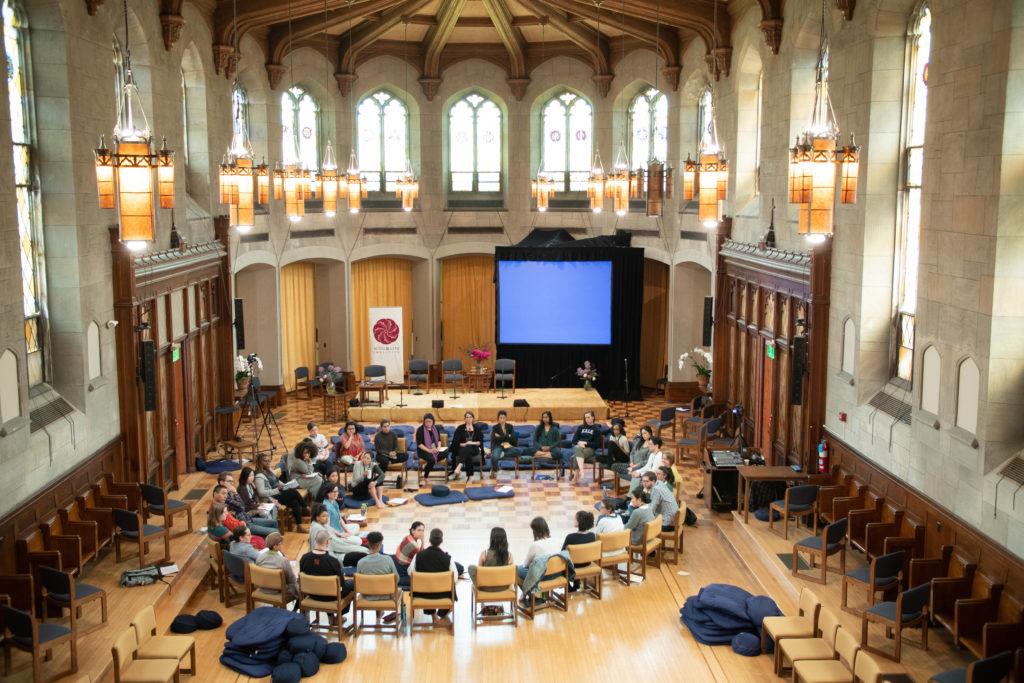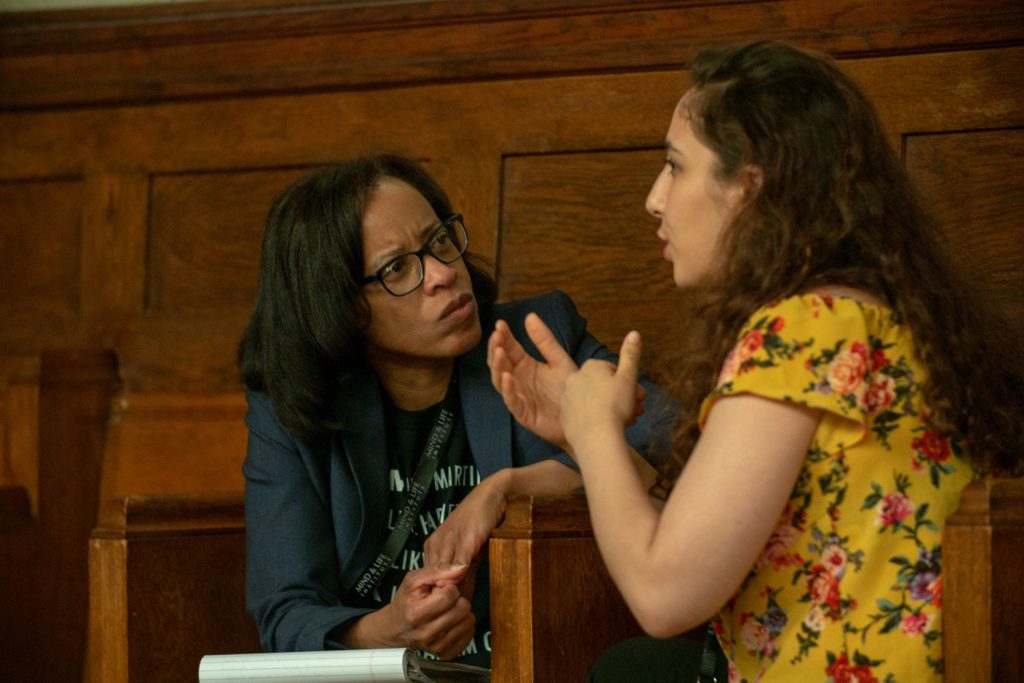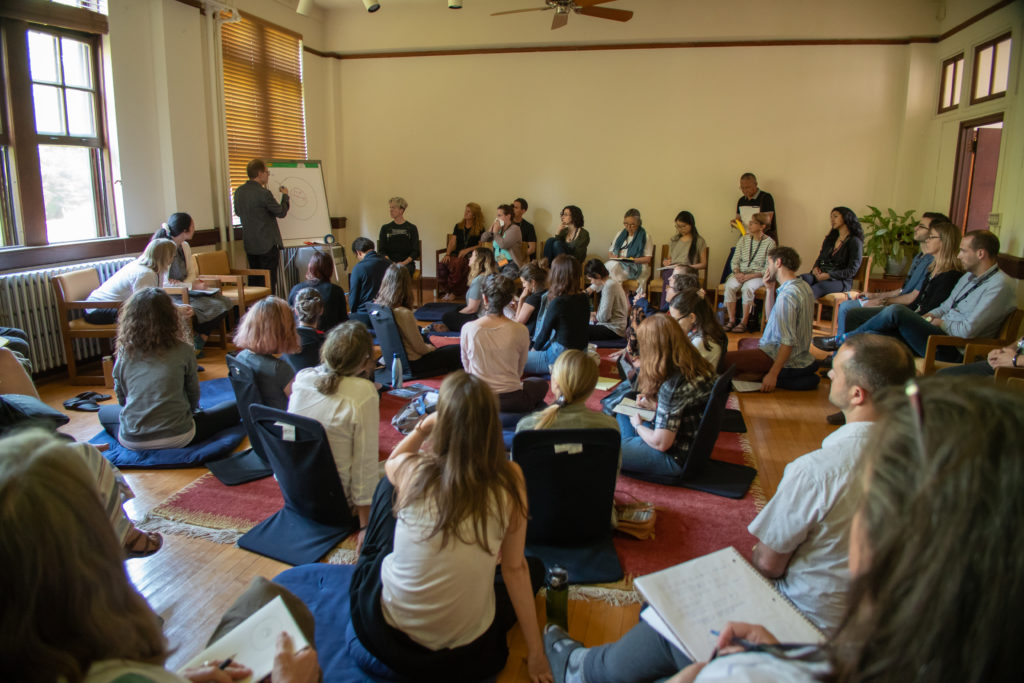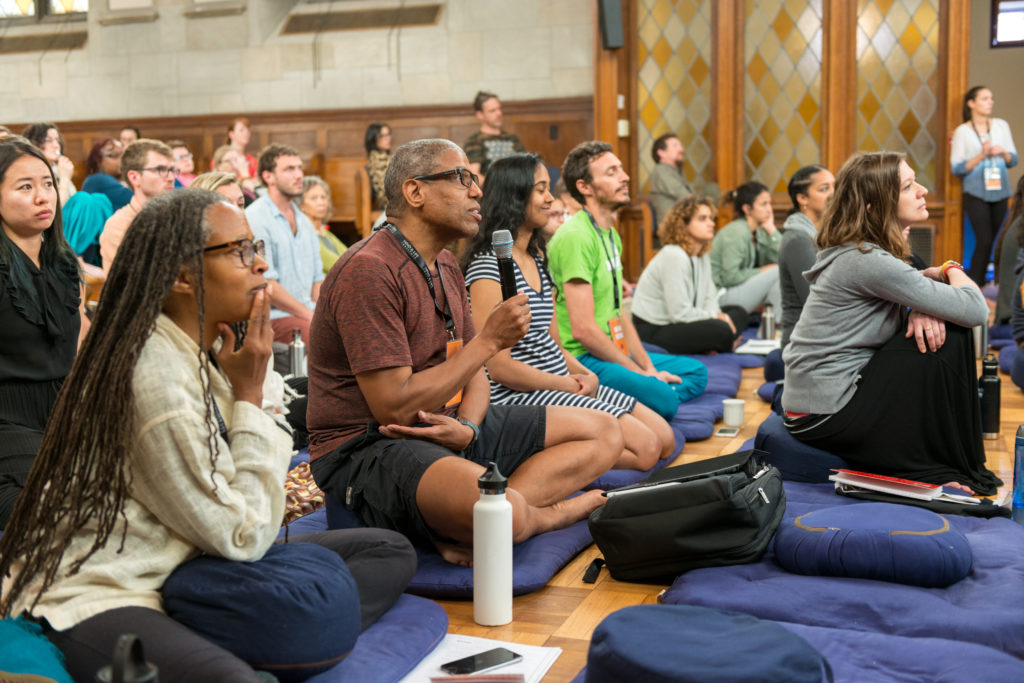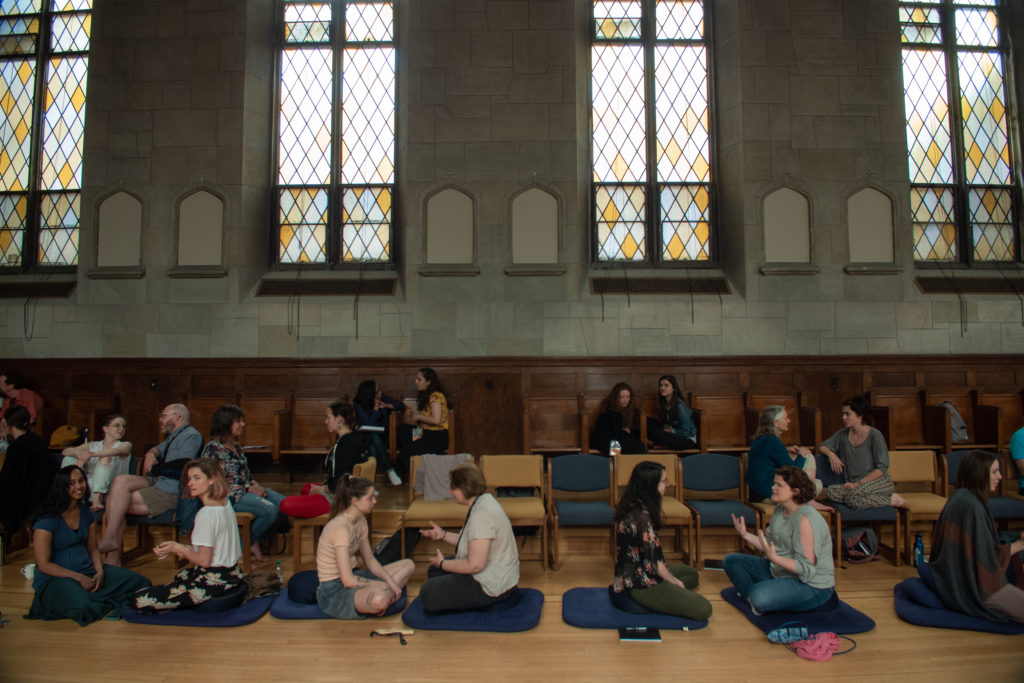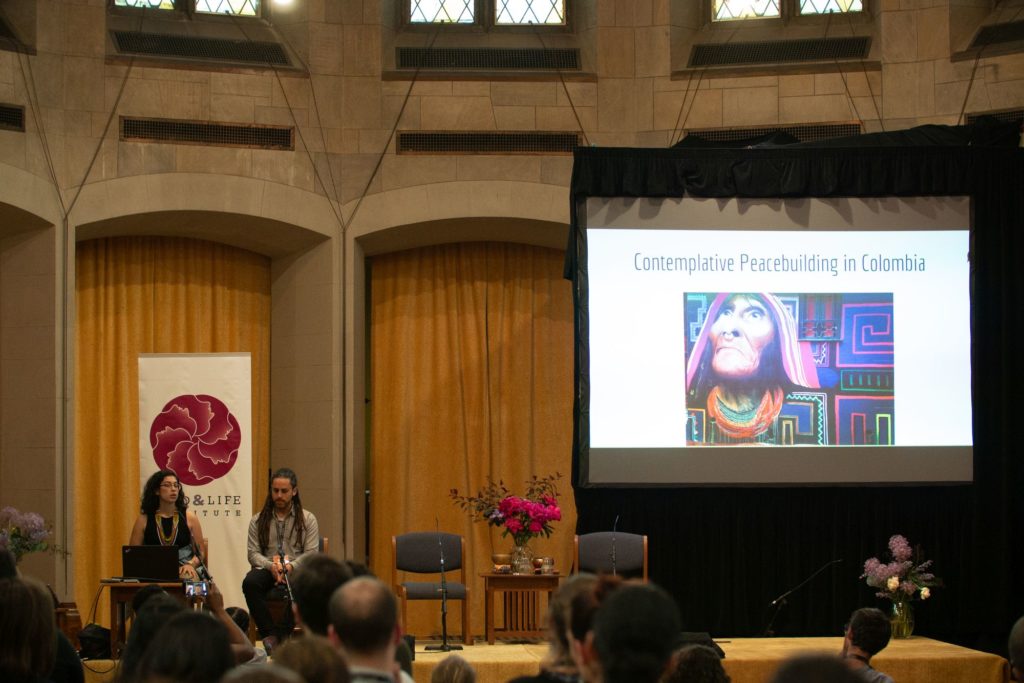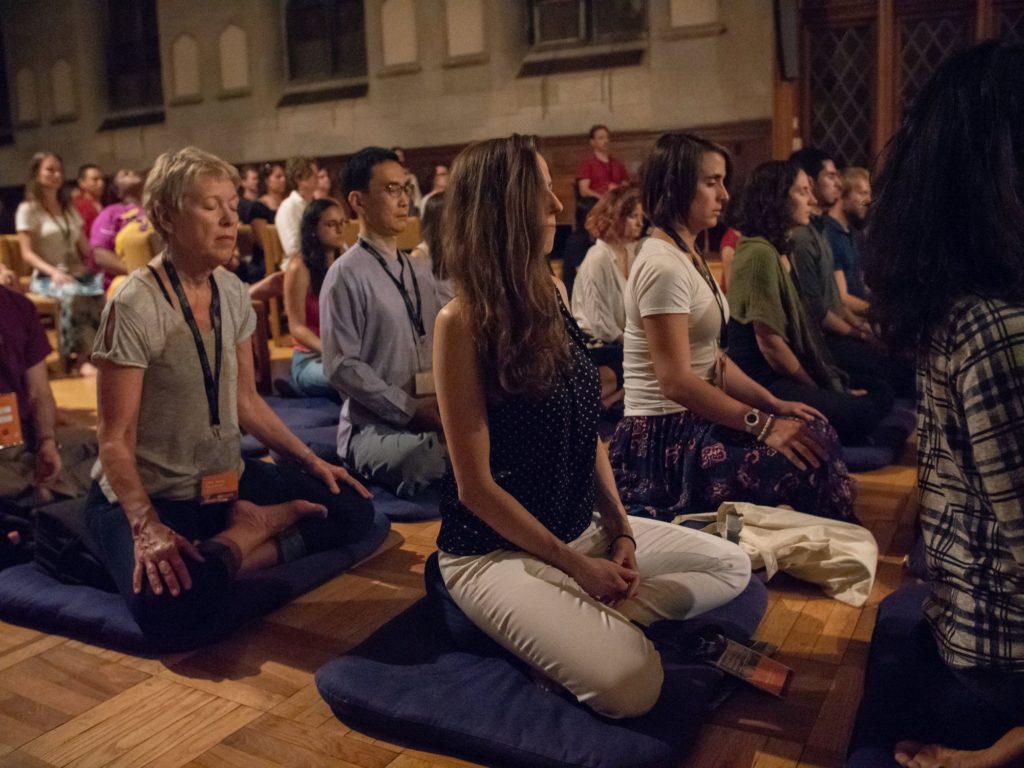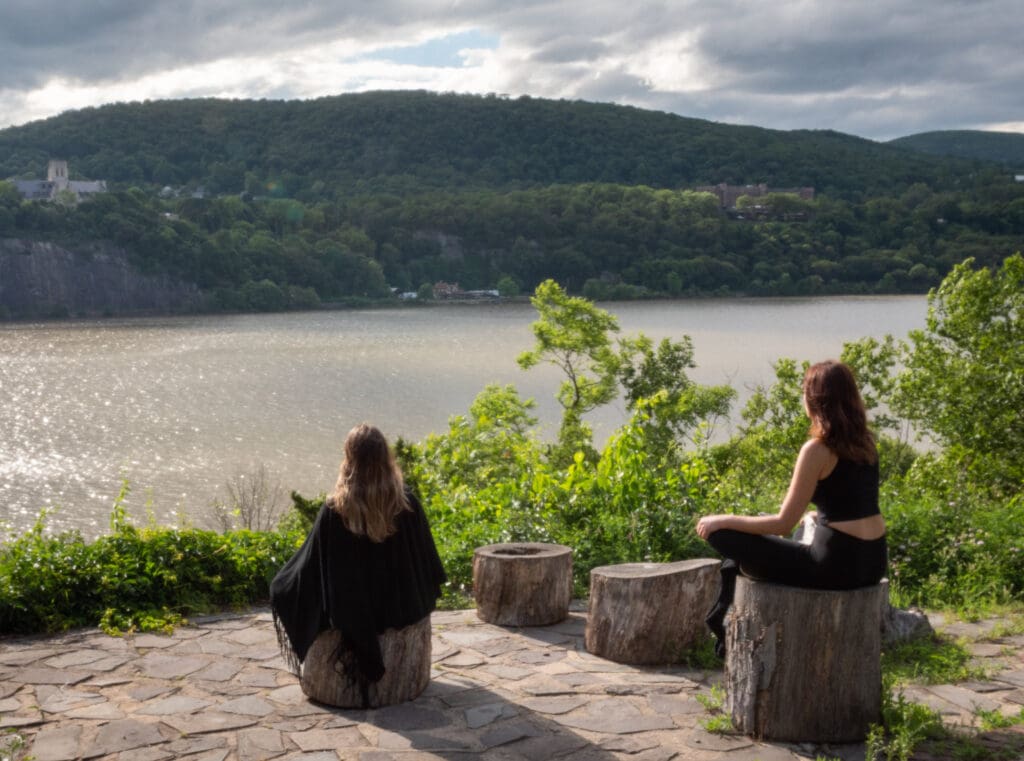The 2018 Mind & Life Summer Research Institute extends the arc from the 2016 and 2017 programs that addressed themes of context, social connectivity, and intersubjectivity by engaging critical topics relevant to cultural difference and human diversity. The weeklong immersive program will examine social and psychological patterns, both implicit and explicit, to discuss how difference is constructed at personal, interpersonal, and socio-structural levels. Scientific, humanistic, and first-person contemplative perspectives will give attention to processes of othering and how we can overcome conflict by embracing difference.
Plenary faculty presentations from neuroscientists and psychologists will describe basic mechanisms of distinguishing self and other as well as cultural and developmental factors providing our sense of security and provoking our common fears. Discussions from the social sciences will explore cultural, historical, and structural factors that complexify conditions for disparity and inequity across social groups and communities, often contributing to conflict and dissonance. Philosophical presentations will discuss worldviews through which the other is interconnected to one’s self, how difference is a source of power, and the process of perspective-taking through dialogue. A training workshop and small group breakout sessions will explore practical applications for reflecting on biases and engaging difference. Through first-person practice, we will query contemplative traditions as a resource for compassion and redressing injustice.
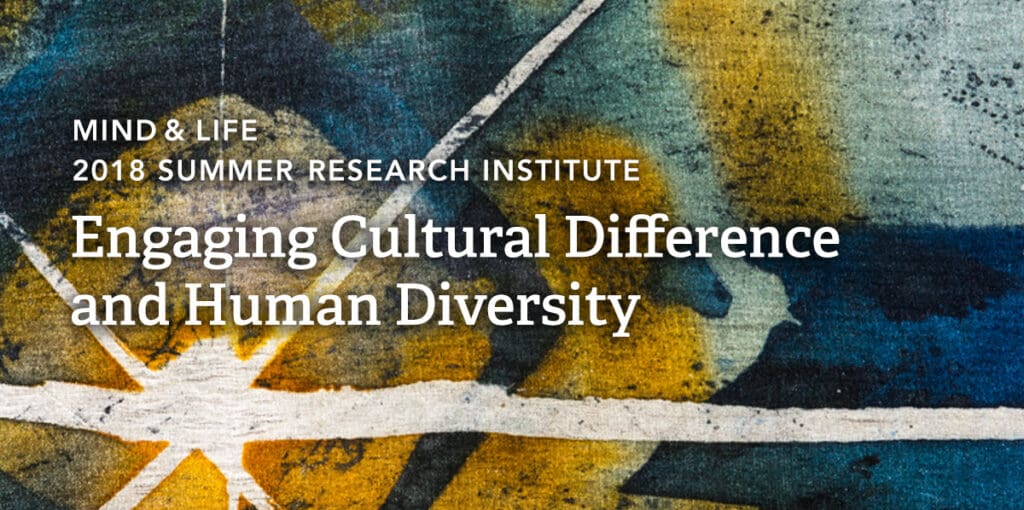
Program Sessions
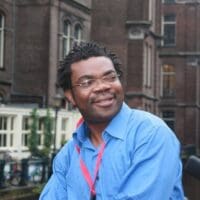
2018 Summer Research Institute Session
Communication Between Cultures: Towards a Dialogue of Human Reconciliation
Michael Onyebuchi Eze
Topics: Self & Other
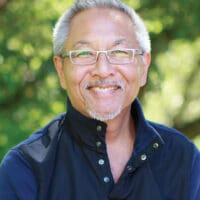
2018 Summer Research Institute Session
Mindfulness Is Always a Multicultural Experience, Even When It Is Not
Larry Yang
Topics: Contemplative Wisdom | Mindfulness | Social Change
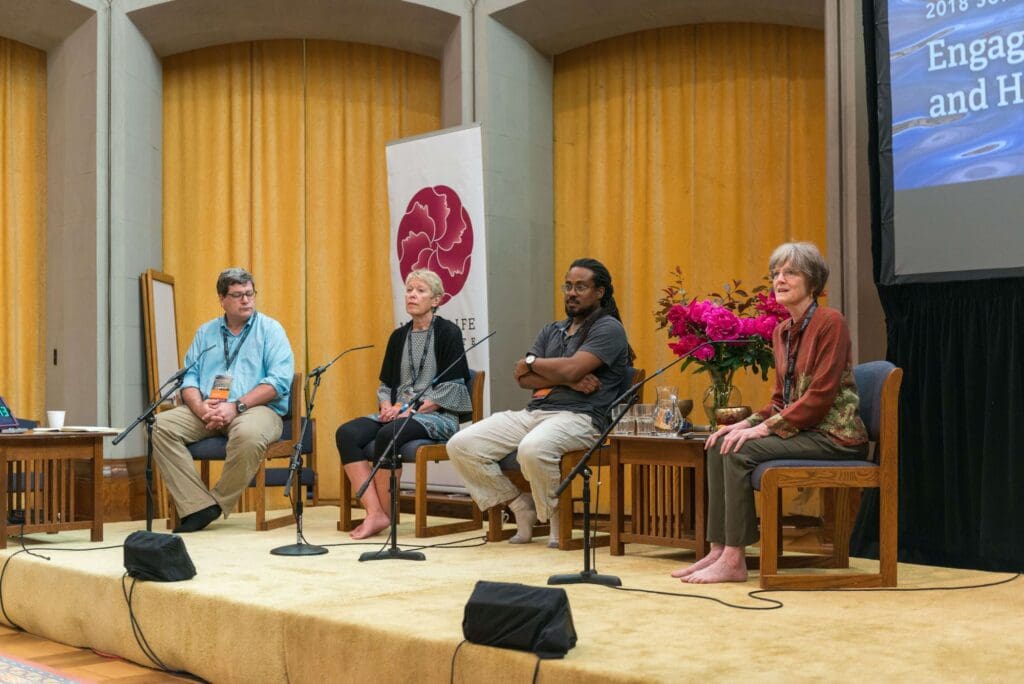
2018 Summer Research Institute Session
Interdisciplinary Panel From Becoming Human to Dehumanization
Moderators: Carol Worthman
Panel: Lasana Harris, Polly Young Eisendrath, Robert Roeser, Carol Worthman
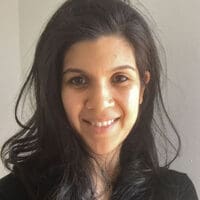
2018 Summer Research Institute Session
Neurological Identities: Challenging the Brain as the Locus of Difference
Suparna Choudhury
Topics: Brain & Cognitive Science | Social Change
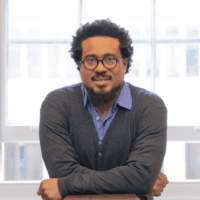
2018 Summer Research Institute Session
Flexible Social Cognition and Dehumanisation
Lasana Harris
Topics: Brain & Cognitive Science | Self & Other
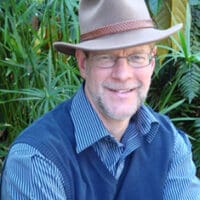
2018 Summer Research Institute Session
How Difference is Constructed and What We Can Do About It: Perspectives across Evolution, Culture, and Mindfulness Training
Bruce Knauft
Topics: Mindfulness | Self & Other | Social Change
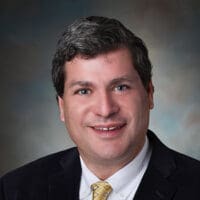
2018 Summer Research Institute Session
Person-Perception, Self-Perception, and Moral Development from Infancy to Adolescence
Robert Roeser
Topics: Brain & Cognitive Science | Compassion & Empathy | Self & Other
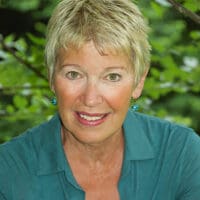
2018 Summer Research Institute Session
Shadow Selves: Becoming Skillful and Wise in Our Response to the Human Need for an Enemy
Polly Young Eisendrath
Topics: Compassion & Empathy | Interconnection | Self & Other
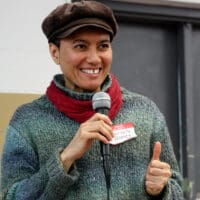
2018 Summer Research Institute Session
Taking Care of Social Justice: Outside and In
Marisela Gomez
Topics: Body-based Practices | Social Change
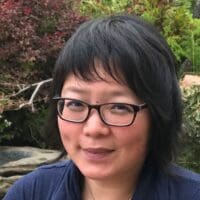
2018 Summer Research Institute Session
Contemplative Neuroscience through the Lens of Diversity and Social Justice
Helen Weng
Topics: Brain & Cognitive Science | Interconnection | Social Change
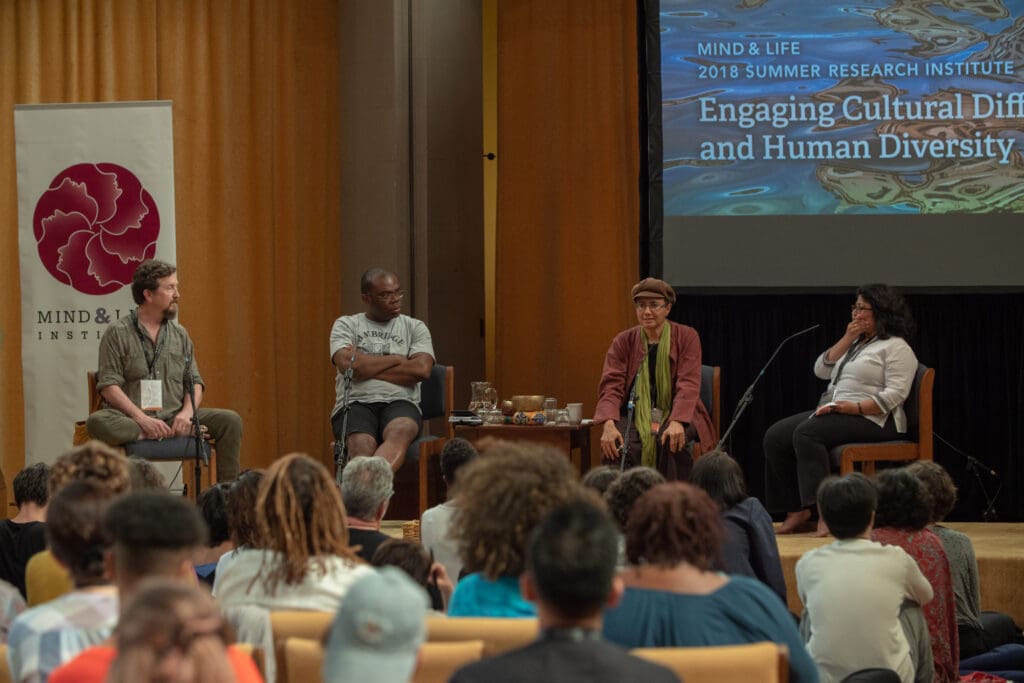
2018 Summer Research Institute Session
Interdisciplinary Panel Geopolitics of the Other
Moderators: William Waldron
Panel: Marisela Gomez, Nilanjana (Buju) Dasgupta, Michael Onyebuchi Eze, William Waldron
Gallery
Plenary Faculty
Plenary faculty deliver lectures and are available to answer attendee questions throughout the week, often leading breakout sessions and participating in panel discussions. Their lectures expand on the week’s theme, deepening and broadening our shared knowledge from a variety of experiences, backgrounds, and disciplines.

Polly Young Eisendrath, PhD
University of Vermont
Polly Young Eisendrath, PhD, is a Jungian Analyst; Psychologist; Author; Clinical Supervisor, Norwich University, Northfield, Vermont;Clinical Associate Professor of Psychiatry, University of Vermont, Burlington, Vermont; and in private practice in … MORE

Michael Onyebuchi Eze, PhD
University of Amsterdam, University of Cambridge
Michael Onyebuchi Eze currently teaches African political theory at the University of Amsterdam and a fellow at Trinity Hall, University of Cambridge. Until recently, he was a visiting scholar at the … MORE

Marisela Gomez, PhD, MD, MPH
Convening Faculty, Mentor
Marisela Gomez is a community activist, author, public health professional, and physician. She received a BS and MS from the University of New Mexico in Albuquerque; and a PhD, MD, … MORE

Lasana Harris, PhD
University College London
Convening Faculty, Reviewer
Prof. Harris is a social neuroscientist who takes an interdisciplinary approach to understand human behaviour. His research explores the neural correlates of person perception, prejudice, dehumanization, anthropomorphism, social learning, social … MORE

Bruce Knauft, PhD
Emory University
Bruce M. Knauft is Samuel C. Dobbs Professor of Anthropology at Emory University, Atlanta. Author of eight books and numerous articles and chapters, Dr. Knauft has special interest in cultural … MORE

Robert Roeser, PhD, MSW
Pennsylvania State University
Convening Faculty, Planning Committee Member, Research and Programs Council Member, Reviewer
Robert W. Roeser is the Bennett Pierce Professor of Caring and Compassion in the Department of Human Development and Family Studies, College of Health and Human Development, at Penn State … MORE

Helen Weng, PhD
University of California, San Francisco
Convening Faculty, Fellow, Grantee, Reviewer
Helen Y. Weng, Ph.D., is a clinical psychologist and neuroscientist, and her research focuses on the neural mechanisms of how meditation practices may improve social behavior and mental health. Her … MORE
Contemplative Faculty
Contemplative faculty guide participants through practices that integrate their first-person knowledge with themes being explored, interspersing contemplative practice sessions with free time for personal reflection. In addition to daily practice, the contemplative faculty lead the retreat time.
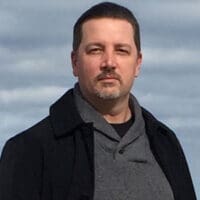
Louis Komjathy, PhD, CSO
University of San Diego
A leading scholar-practitioner of Daoism (Taoism) with over twenty-five years of experience with holistic and integrated Daoist training, Louis Komjathy is an ordained Daoist priest of the Huashan 華山 (Mount … MORE
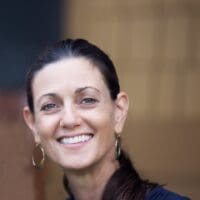
Elizabeth Mattis-Namgyel
Buddhist Author and Teacher Elizabeth Mattis Namgyel has studied and practiced the Buddhadharma for 30 years under the guidance of her teacher and husband Dzigar Kongtrul Rinpoche. Elizabeth is known … MORE
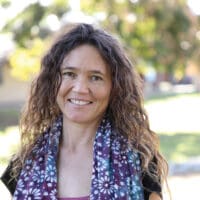
Laura Schmalzl, PhD
Southern California University of Health Sciences
Convening Faculty, Grantee, Reviewer
Laura Schmalzl is an associate professor at Southern California University of Health Sciences, where she teaches neuroscience, research methods, and yoga foundations for healthcare professionals. Laura initially trained as a … MORE

Larry Yang
Spirit Rock
Larry Yang teaches mindfulness and loving kindness retreats nationally and has a special interest in creating access to the dharma for diverse multicultural communities. Larry has practiced meditation for almost … MORE
Discussants
Discussants and group facilitators lead or co-lead a variety of small group sessions, which may include presentations, group dialogue, open question and answer sessions, or tutorials. They may also participate in panel discussions and meet with attendees individually.
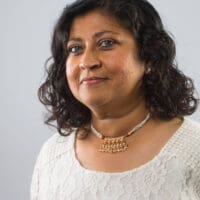
Nilanjana (Buju) Dasgupta, PhD
University of Massachusetts–Amherst
Fellow, Planning Committee Member, Research and Programs Council Member
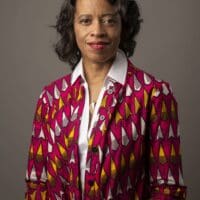
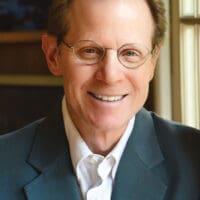
Daniel Siegel, MD
UCLA School of Medicine
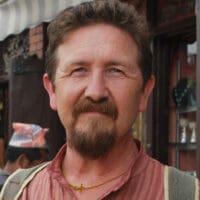
William Waldron, PhD
Middlebury College
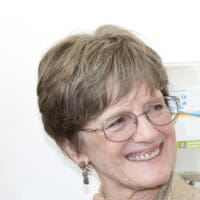
Council for Equity, Diversity, & Inclusion
Members of the Mind & Life Council for Equity, Diversity, & Inclusion serve as facilitators and discussants throughout the program. The Council for Equity, Diversity, & Inclusion was formed to support Mind & Life Institute’s commitment to understanding and addressing ways to foster a more inclusive and equitable community. These efforts stem from the recognition of how organizational culture and practices have reinforced societal imbalances and run counter to Mind & Life’s mission to alleviating human suffering, and promoting flourishing. The Council works directly with Mind & Life staff to elevate critical issues related to equity, diversity, and inclusion; to increase broad representation across all organizational activities; and to use diversity as a tool for enriching the field of contemplative research.

Nilanjana (Buju) Dasgupta, PhD
University of Massachusetts–Amherst
Fellow, Planning Committee Member, Research and Programs Council Member
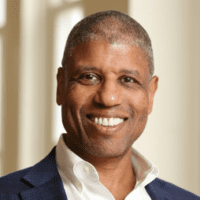
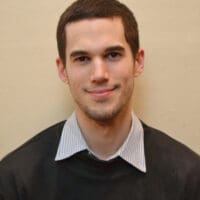
Chris Kaplan, M.A.
Canticle Farm

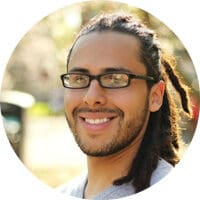
Juan Santoyo
Universidad de Antioquia; Massachusetts Institute of Technology
Grantee, Planning Committee Member, Reviewer

Program Planning Committee
The Program Planning Committee (PPC) is a committee of invited specialists from diverse disciplines and perspectives who bring their expertise to curate and produce the content for the Summer Research Institute. In addition to developing the overall theme and narrative arc of the program, the PPC actively participate in SRI and serve as leader for small group discussions. William Waldron and Carol Worthman are co-chairs of this year’s Program Planning Committee.
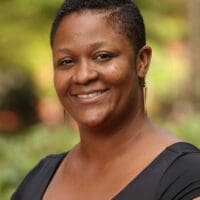
Eboni Bugg, LCSW
Mind & Life Institute

Nilanjana (Buju) Dasgupta, PhD
University of Massachusetts–Amherst
Fellow, Planning Committee Member, Research and Programs Council Member


Robert Roeser, PhD, MSW
Pennsylvania State University
Convening Faculty, Planning Committee Member, Research and Programs Council Member, Reviewer
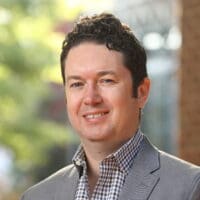

William Waldron, PhD
Middlebury College

About the Summer Research Institute
The purpose of the Mind and Life Summer Research Institute is to advance collaborative research among scientists, contemplative scholars, other humanities scholars, and contemplative practitioners, based on a process of inquiry and dialogue. With this unique program, we are not only nurturing a new generation of scientists interested in exploring the influence of contemplative practice and meditation on mind, behavior, brain function and health, but are also fostering the development of nascent research fields collectively referred to as “contemplative studies” (including contemplative neuroscience, contemplative clinical science, contemplative education, and contemplative scholarship).

